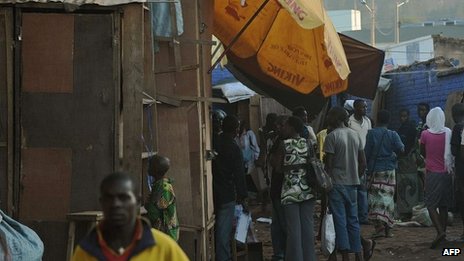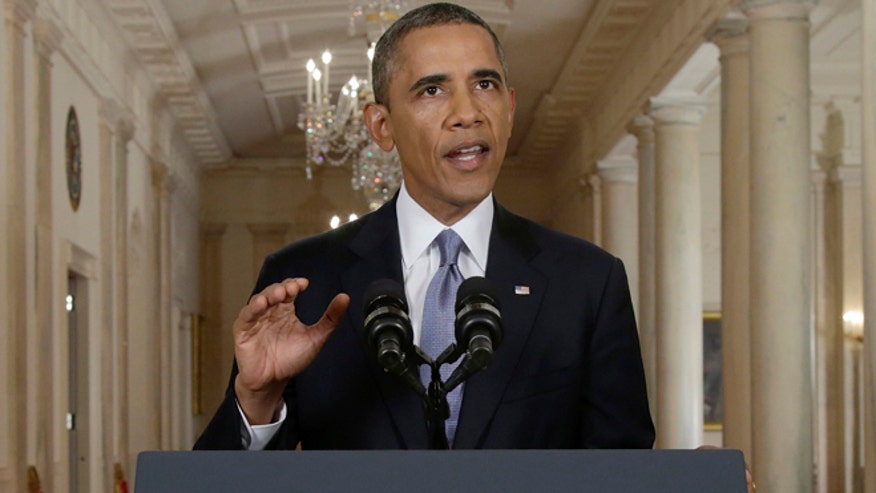By: Danielle L. Gwozdz
Impunity Watch News Reporter, Africa
KIGALI, Rwanda – Two people were killed in Kigali, Rwanda’s capital, by grenade blasts. These blasts also wounded about twenty-two people, police report.

The first attack occurred on Friday in a marketplace, which killed one and wounded fourteen.
“Two grenades were thrown” during the attack at a market on Friday that had already left one dead and 14 wounded, spokesman Damas Gatare said. “One was caught in the roof of the market but people didn’t identify it.”
Another grenade detonated on Saturday night, in the same area of Kigali. This grenade injured eight people and killed one. Police say that three people have been arrested since this day.
Although police have arrested three people, they gave no further details about who was likely responsible for the blasts.
Kigali, Rwanda is known for as one of Africa’s safest capital cities. However, these blasts are similar to blasts that occurred earlier this year in the capital and in 2010 before the presidential elections.
Since 2010 the country has been hit by grenade blasts that authorities sometimes blame on political dissidents.
This attack has occurred before a parliamentary vote on Monday.
Authorities believe these attacks may have been by political dissidents and Hutu rebels from the Democratic Forces for the Liberation of Rwanda (FDLR) based in the neighboring Democratic Republic of Congo.
“I don’t think it is going to impact on the election… everything is in control,” police spokesman Damas Gatare told AFP news agency.
In 2010, Kagame won the presidential election by a landslide. However, rights groups stated that members of the opposition faced threats and attacks.
A coalition, led by Kagame’s party the Rwandan Patriotic Force, is expected to comfortably win in Monday’s parliamentary elections for the chamber of deputies.
Rwanda has undergone a dramatic transformation in the past two decades, with strong economic growth and a drop in corruption, which is credited to Kagame.
Last year 22 people were found guilty of launching a series of grenade attacks around Rwanda, including some former soldiers who were accused of having links with the FDLR rebel movement.
Some FDLR leaders are accused of links to Rwanda’s 1994 genocide.
For more information, please visit:
BBC News – Blasts in Rwanda capital Kigali kill two ahead of vote – 14 September 2013
SABC – Grenade attacks kill two, injure 22 in Rwanda – 14 September 2013
Business Recorder – Grenade attack kills at least one in Rwanda – 14 September 2013
Aljazeera – Two die in grenade attacks in Rwanda – 14 September 2013
Fox News – Rwanda grenade blast kills one ahead of polls – 14 September 2013



